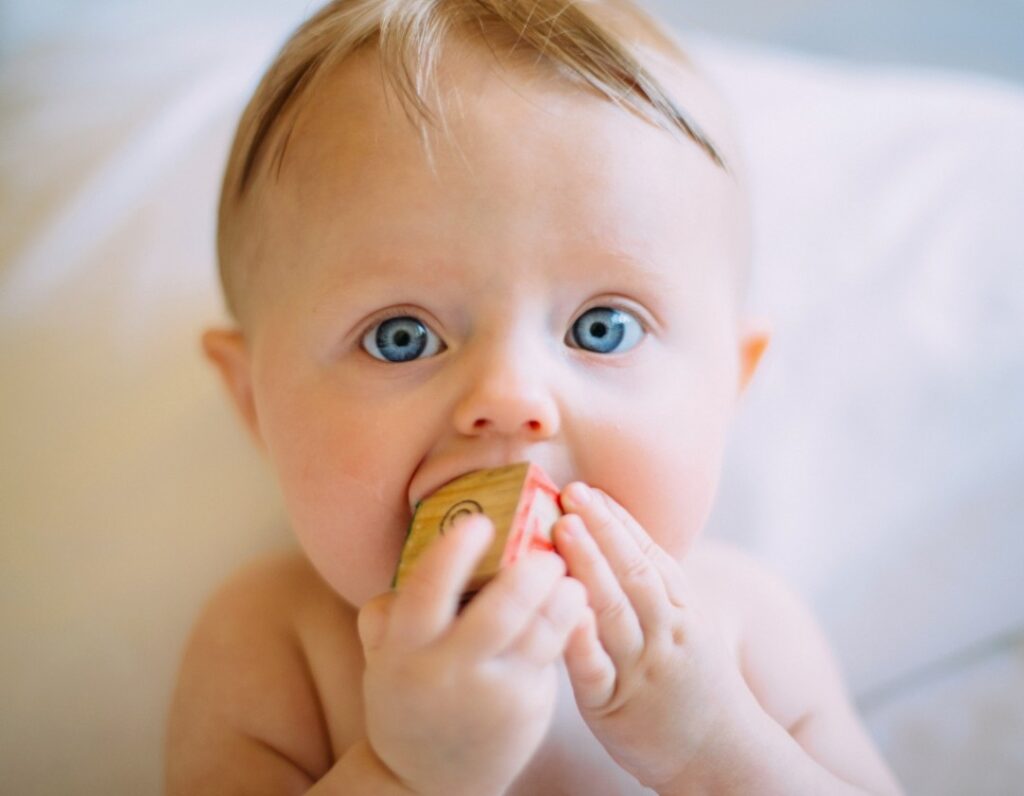Raising children is a journey filled with endless questions, including is autism present at birth?
This is a complicated question without a simple answer but we examine all below.
Is someone autistic at birth?
Autism remains a puzzling condition which stumps some of the brightest minds on the planet.
There has however been a great deal of research on the subject over the past 50 years.
This research has allowed the medical community to pull together ever improving diagnostic methods.
Genetics at play
Autism is believed to have a strong genetic component.
Research indicates that certain genes can increase the likelihood of a child developing autism.
These genes contribute to the way the brain develops and processes information, shaping a child’s unique neurological profile.
It’s important to note that having a genetic predisposition to autism doesn’t mean that a child will definitely develop the condition.
Rather, it highlights the intricate interplay between genetics and other factors.

Milestones and development
Parents often notice early signs of autism in their children’s development.
These signs might include differences in communication, social interaction, and behaviour.
While some children with autism exhibit signs from a very young age, others might develop typically in the early stages and then show signs later on.
This variability reinforces the notion that autism is a complex condition influenced by a combination of factors.
The power of early intervention
Understanding whether autism is present at birth is a crucial step in supporting children and families.
Early intervention is an invaluable tool that can help children with autism develop essential skills.
In addition it can maximise their potential, and foster their unique strengths.
Regardless of whether signs are evident from birth or emerge later, recognising and addressing them in a timely manner can make a significant difference in a child’s life.
But is it present at birth?
The difficulty with answering that question is that it would be impossible to diagnose a newborn baby.
Nearly every one of the diagnostic tools available to specialists relate to children from around eighteen months and up.
That is not to say that a child younger than that wouldn’t be displaying signs of autism (such as reduced eye contact), but it is that the complex tapestry of a diagnosis wouldn’t yet be weaved.
However to answer the question we have to understand that autism is a neurological condition.
What that means is that it is a condition of the brain.
Clearly stating the obvious, the brain a baby is born with is the one they have for their life.
So the complex wirings and neurological interplay which will later show as autism are likely to be present from birth.
Parents and doctors however just have no way of testing that.
What should concerned parents do?
If parents are concerned that their baby is displaying signs of autism then they should reach out for medical support.
This could come in the form of health visitors in the UK who monitor children’s development or a pediatrician.
As above, nearly every expert agrees that early intervention is critical in assisting an autistic child develop, so waiting wouldn’t be recommended.
Even if parents aren’t able to receive any clarity from medical professionals, there would be no harm in starting to work with their child.
Early therapy both from within the home and bringing in experts has been shown to reduce the impact of autism on an individuals life.
So even if you started therapy and it turned out your child was not autistic, what have you really lost?
But as ever, taking advice from trained professionals would always be your first port of call.
Summary – Is autism present at birth?
Autism is a complex and multifaceted condition that involves an intricate interplay of genetics and environmental influences.
While some signs of autism might be apparent from very young ages, others might emerge as a child grows and experiences the world.
As parents, it’s essential to approach the topic with empathy and proactivity. If you are unsure if your child is exhibiting signs of autism, reach out for expert opinion.
By staying informed you can create a world where your child is given the opportunity to thrive and reach their full potential, regardless of their individual developmental path.

